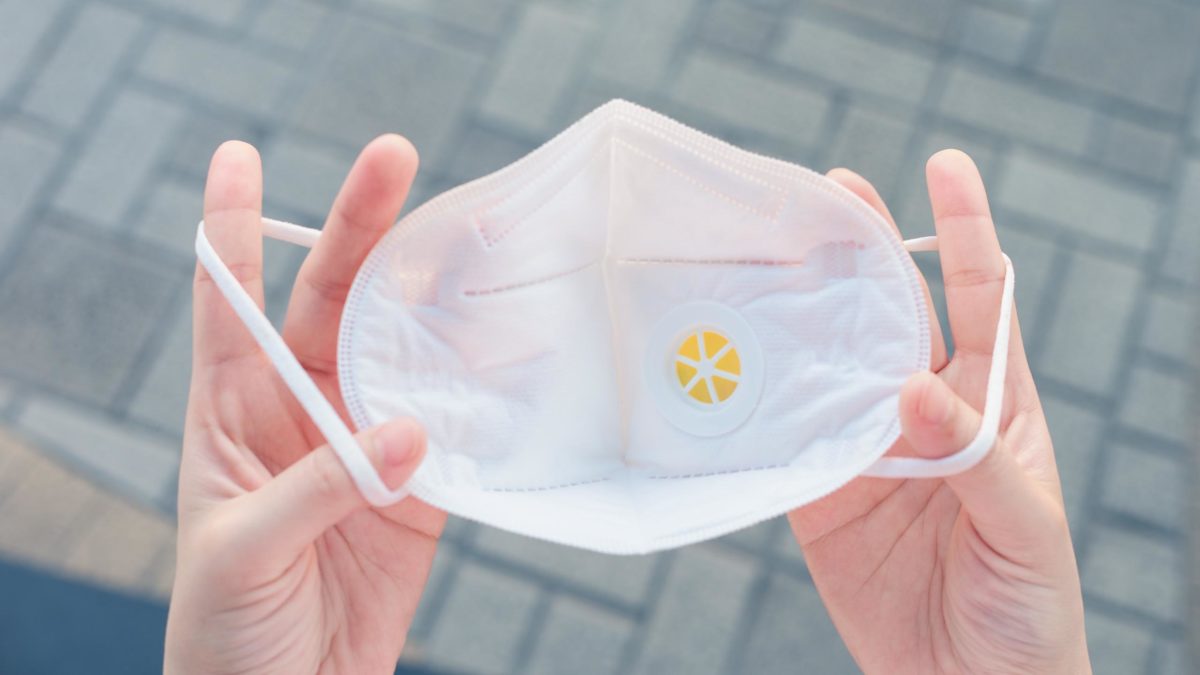Returning used N95 masks to duty quickly — and safely
Professor Amy Herr is part of a research consortium that seeks to provide scientific consensus on face mask sterilization methods

An N95 mask, ready to wear. (Photo by Getty Images/iStockphoto)
Like other emergency medical supplies, N95 masks are in short supply. So much so that some healthcare workers have been forced to reuse contaminated masks, raising infection risks for staff as well as patients.
Bioengineering professor Amy Herr is part of a multi-university research consortium, N95Decon, providing a scientific consensus on existing and emerging decontamination methods. The consortium is assessing existing research, designing new systems and — importantly — actively debunking misinformation, with the goal of providing healthcare staff with scientifically proven ways to more safely reuse the masks.
The consortium is focusing on three primary sterilization methods: UV-C light, heat and humidity and hydrogen peroxide vapor. Fact sheets on those methods are now available on the consortium’s website.
Herr is head of the research team evaluating the efficacy of UV-C, a short-wave, ultraviolet light that breaks apart the DNA of pathogens.
“There are many products on the market that are used by day spas and salons to clean products like combs and scissors between clients,” said Herr. “We’ll be looking at those; we are skeptical of their suitability for face mask decontamination.”
